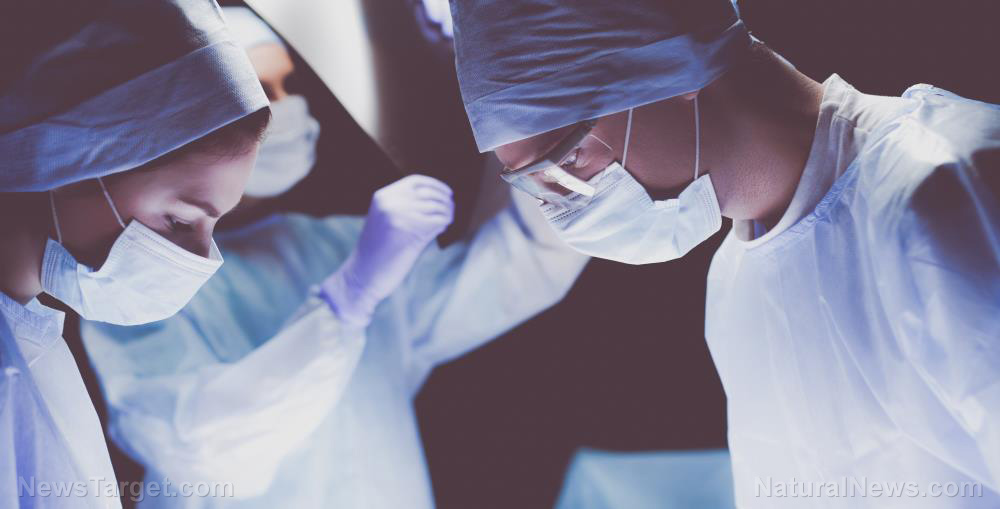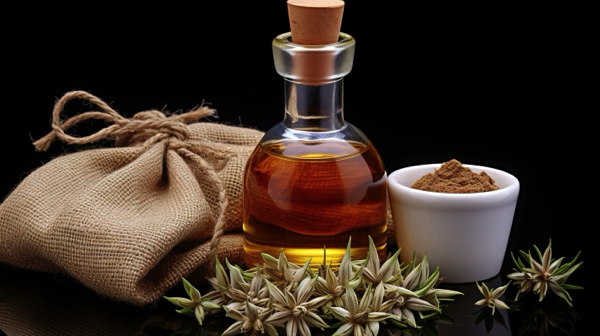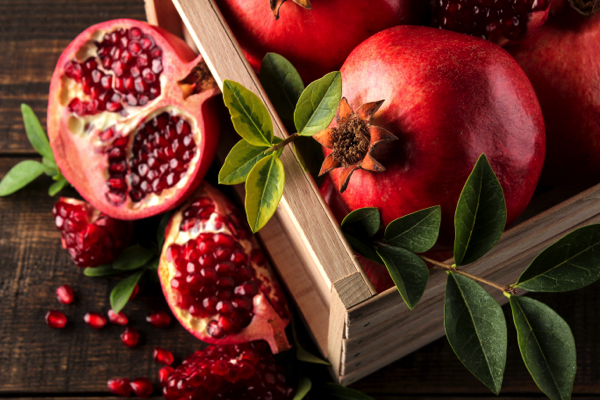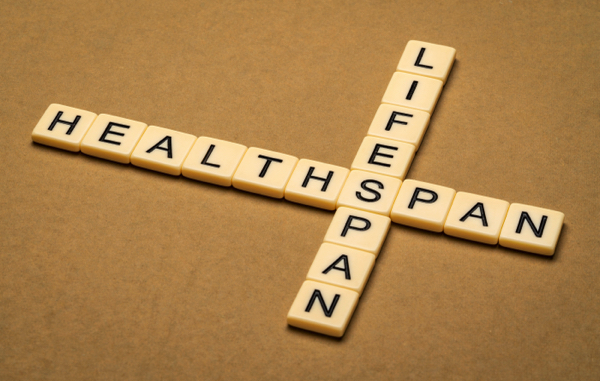Italian bakery launches Great Reset bread line made from insect “flour”
02/13/2023 / By Ethan Huff
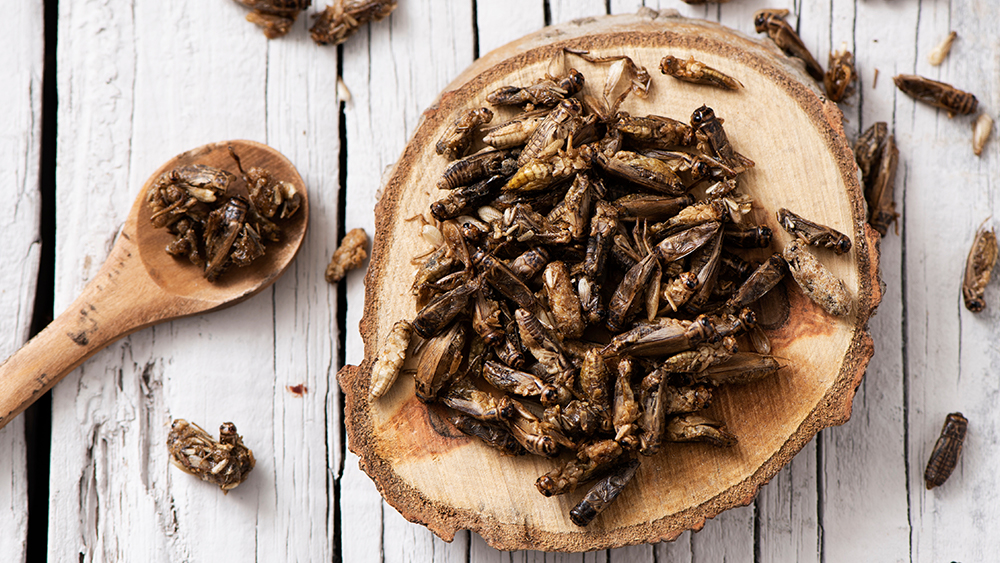
Just weeks after the unelected European Commission approved numerous species of crickets and other insects as “food” throughout the European Union (EU), an Italian bakery known as Tellia decided to start producing cricket bread for the consumer market.
Enrico Murdocco, the baker who runs Tellia, a local restaurant chain in Turin, told the Italian media this week that he recently experimented with a mixture of ground-up crickets and Sicilian grain, the latter of which he says helped to “soften the flavor” of the former.
Corriere della Sera, an Italian newspaper, quoted Murdocco as stating that he is really happy with the outcome of this cricket flour blend and how it turned out after baking, including “the crust and the range of flavors,” which he described as being reminiscent of hazelnut.
Murdocco is excited about the prospect of EU regulators soon allowing a local farm to produce crickets for the Tellia bakery. Cricket powder will be imported from Vietnam and sold not only as animal food but also as flour for human consumption.
“I want to put my bread in production at the beginning of March,” Murdocco said, adding that higher production costs and the prospect of the new bread having to be custom-made will result in each kilogram costing as much as $22. “I am aware that it will be a niche product.”
(Related: A Canadian company called Aspire Food Group has promised to produce 9,000 tons of cricket flour annually for Great Reset “food” production.)
Insects and worms are NOT safe or nutritious for human consumption
Some EU countries are already using processed crickets in other food products. Falco, a company based in Alife, Southern Italy, now sells crackers made from cricket powder.
“You may be creeped out by the thought of eating insects, but cricket is actually the new health food that can be conveniently hidden in delicious products,” Falco explains on its corporate website.
Other food products that will likely see crickets added to their ingredient formulas include cereal bars, biscuits, pizzas, pasta-based products, and even whey and other protein powder blends.
According to the European Food Safety Authority (EFSA), whole house crickets that are frozen or dried are now “safe under the proposed uses and use levels” established by the European Commission.
Part of the required processing for crickets includes a 24-hour fasting period before the bugs are slaughtered. This is designed to “discard their bowel content,” we are told. After that, the bugs are frozen, washed, and thermally processed before their “oil” is extracted and they are ground into powder.
Any foods that contain cricket ingredients must be labeled as such, seeing as how some people are allergic to crickets and other insects – and because most people, save for those from a select few Asian countries that consume them as a novelty, would never voluntarily opt to eat these creepy-crawlers as their everyday “food.”
In addition to house crickets, a lesser mealworm known as Alphitobius diaperinus was also approved by the European Commission for use in European Union food items.
“Has anyone bothered to tell these fools that bugs are not human food?” asked a commenter on a story about the EU’s new bugs-as-food push.
“I’m beginning to believe that David Icke is right about the globalists being reptilians,” joked another.
“Cricket powder and many other insects are means for aquaculture or chicken farming,” noted another about how crickets and mealworms are not appropriate things for humans to consume. “It is very inefficient for humans to eat as stable food (except for rare delicacy).”
The latest news about the push for all peons to eat bugs can be found at Globalism.news.
Sources for this article include:
Submit a correction >>
Tagged Under:
bread, bugs, crickets, flour, frakenfood, great reset, insects, Italy, Tellia, toxic ingredients
This article may contain statements that reflect the opinion of the author
RECENT NEWS & ARTICLES
COPYRIGHT © 2017 REAL SCIENCE NEWS





